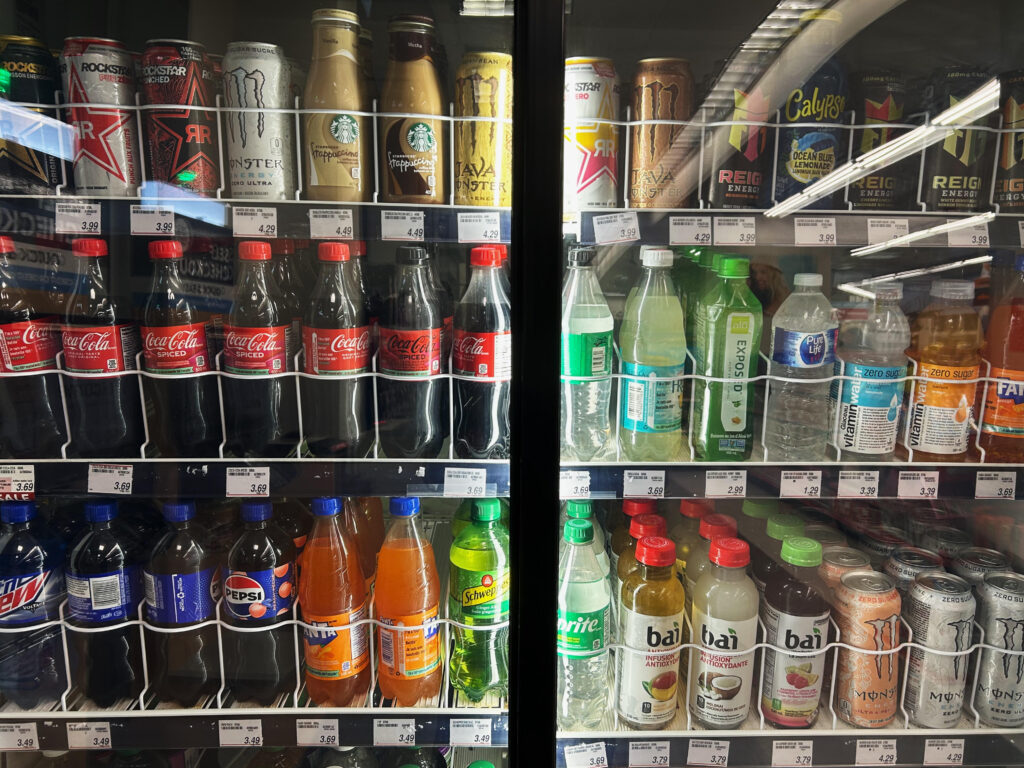
Fruit juice, sugar-sweetened and artificially sweetened beverages are correlated with an increased risk of stroke, according to a new study out of the University of Galway.
The research reveals that – when consumed frequently – carbonated, sugary drinks are linked with a 22 per cent increased chance of stroke, whereas fruit juice is linked with a 37 per cent increase.
“Overweight/obesity is usually the first one that comes in, and then along with that comes diabetes and heart disease,” said Sabrina Ayoub-Charette, a PhD student at the University of Toronto studying sugar-sweetened beverages, “Cavities and dental health is also a factor.”
Research commissioned by leading health charities such as Heart & Stroke predicts that there will be more than 63,000 deaths over the next 25 years in Canada due to the consumption of sugary beverages.
The University of Galway study notes that freshly squeezed fruit juices are the most likely to produce favourable effects.
“Sugar is sugar … it doesn’t matter what the source is,” said registered dietitian and associate professor at Western University Danielle Battram. Battram explained that while fruit juice does provide nutrients, all sugar becomes broken down glucose in your body.
“They are loaded with empty calories, contributing to weight gain and metabolic issues,” said Catherine Gervacio, a registered dietitian and certified nutrition coach at Living.Fit, pointing out that sugar-sweetened beverages on the other hand contribute to a range of health concerns without providing essential nutrients.
On the theme of empty calories, Ayoub-Charette highlights how sugar-sweetened beverages are harmful regardless of where they fall into your caloric intake.
“If you consume them (sugar-sweetened beverages) within your caloric recommendations, or if you consume them on top of your usual caloric intake, they’re harmful either way,” she said.
Gervacio said there are things you can do to minimise sweet cravings, in turn reducing the urge to consume sugary beverages.
“Focus on foods that are high in protein and fibre, they help stabilise blood sugar and reduce the desire for sugary foods and drinks,” she said.
Ayoub-Charette, Battram and Gervacio all said that they all try to encourage people to drink as much water as possible.
Battram highlights different things people can add into their water to enhance the flavour and make people more inclined to drink it.
“I always tell people you can add lemons, limes or whatever fruit you want to your water to add a little bit of flavour,” she said “even adding a little splash of fruit juice – diluting things by a lot.”
Reporter at On The Record
This article may have been created with the use of AI tools such as Google Docs, Grammarly, and/or Otter.ai for transcription.

